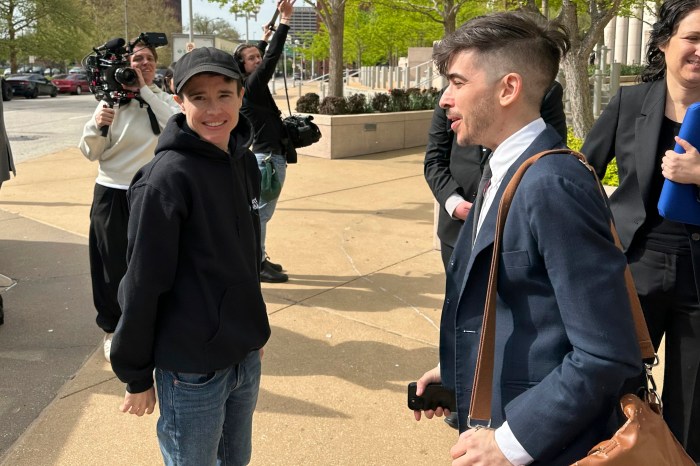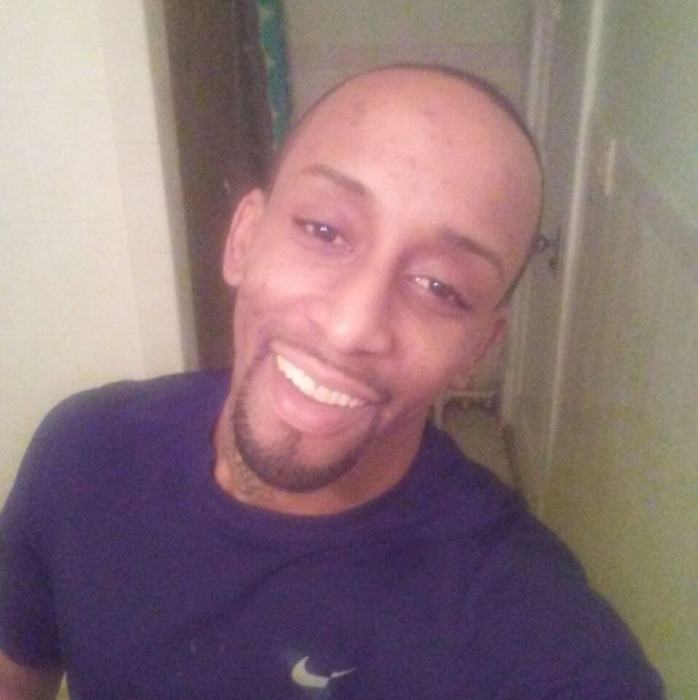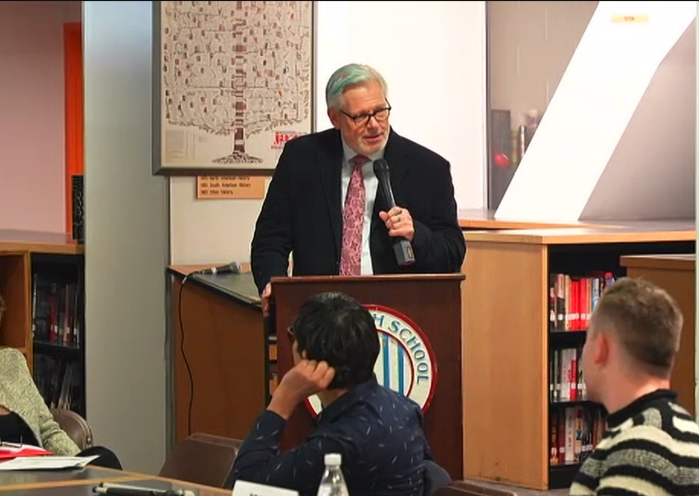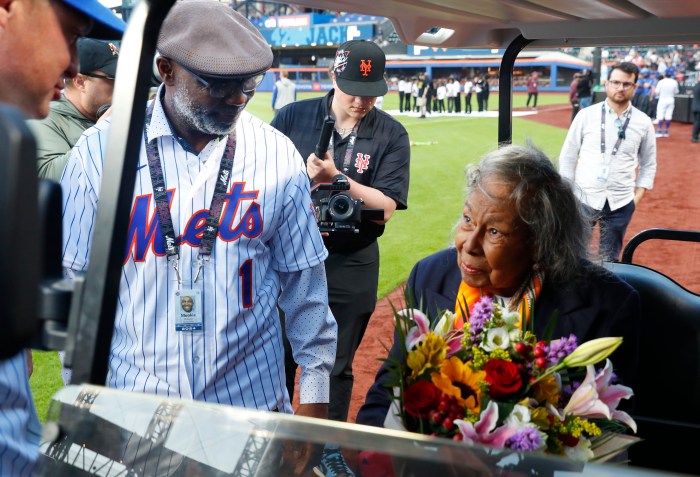With the one-two punch of the Iowa caucuses and the Hampshire primary upon us, it is very tempting to declare this week for one or another of the presidential candidates, to inject into the political conversation an LGBT media endorsement out of New York.
The fact though is that the time for that is not yet here. And that statement is made with full knowledge of how national media narratives about momentum, about who exceeded and who fell short of contrived expectations too often drive our political choices.
Clear-cut and uniform results coming out of those two relatively small, relatively homogenous states could have inordinate influence on our choices in November. I recognize that.
And that's a shame, because even with a host of reasonably good options this year, the LGBT community and many other groups within our society deserve more time and more attention to their concerns from the candidates. The preposterous sums being lavished on a couple of hundred thousand voters in Iowa and New Hampshire demonstrate the crying need for presidential primary reform, but that is an argument for another day.
For now, several rough conclusions are clear.
LGBT Americans need the next president to be a Democrat. Even the most benign among the GOP field have done nothing this year but head in the other direction. With his retreats on Don't Ask, Don't Tell, on partner recognition, and even on the possibility of enacting a federal marriage amendment, Rudy Giuliani, widely but reductively referred to as pro-gay, has signaled that once freed from the political constraints of the New York City electorate he will say and do what is required to placate the anti-gay GOP right.
Mitt Romney – also touted as having a pro-gay posture, because he made the right noises 14 years ago when he challenged Ted Kennedy – began his rightward shift the moment he took over as Massachusetts governor in 2003. Nobody in that state fought harder against our marriage equality gains; he is the reason New York gay and lesbian couples cannot wed in Provincetown.
As a group, the GOP field has steadfastly declined to be interviewed or surveyed by gay and AIDS groups.
In sharp contrast, the Democratic field takes very encouraging stands regarding our community. They oppose Don't Ask, Don't Tell. They have told this newspaper that they also would work to end the military sodomy ban. The default position on gay partnerships is federal recognition of civil unions, which is a lot, even though in practice that may prove as difficult to achieve as simple marriage equality. They are also willing to talk about AIDS in a way that demonstrates that among their advisers are people who understand the epidemic and are committed to stepping up the fight against it.
Many LGBT activists here in New York have joined the effort to nominate Hillary Clinton, which is not terribly surprising given that even if she falls short she will undoubtedly remain a towering figure in the state Democratic Party. That is not an inconsequential consideration for folks interested in being players in the local political scene.
It's a fair bet that a parallel pattern benefiting Barack Obama has emerged about gay Democrats in Chicago.
All three top Democratic contenders share essentially the same turf, even if there are shades of difference among them. Obama's supporters emphasize that he would work to overturn the Defense of Marriage Act in its entirety. In contrast, Clinton has argued that she supports eliminating the ban on federal recognition of gay marriage (which would have an enormous impact in Massachusetts), but believes that taking away the right of other states to deny recognition to Massachusetts marriages would inevitably give new life to the moribund drive for a federal marriage amendment.
Obama, however, hurt himself badly with LGBT voters when he enlisted the fiery anti-gay – and need I add, “ex-gay?” – preacher/ gospel singer Donnie McClurkin to campaign for him in black churches in South Carolina. The Illinois Democrat, called on the foul, merely dug in.
Meanwhile, Clinton in late 2006 made real progress when she told a gay audience in Manhattan she saw no problem in Governor Eliot Spitzer pressing for marriage equality here.
Situated in nearly the same place as his chief competitors, John Edwards appears painfully hobbled by his obvious discomfort in reconciling opposition to marriage equality with recognition that private or religious misgivings should not influence decisions about basic civil rights.
And that's really the rub. Democrats continue to remain stuck, fearful that full-throated advocacy for complete civil equality will hurt them. Bill Clinton reportedly told John Kerry he lost in 2004 because he failed to make clear his opposition to gay marriage.
But as Yoav Sivan suggests on the Op-Ed page this week, voters penalize candidates most when they smell hypocrisy and phoniness. That's hurting Giuliani and Romney in GOP polls right now.
And I think that hurt Kerry in '04. He didn't lose because voters thought he was too liberal. He lost because voters decided he lacked guiding core beliefs. When Edwards visibly winces in talking about his conflict over gay marriage, he is telling voters flat out how hard it is to really be himself.
Bill Clinton promised a lot in 1992, delivered on some important things, and still disappointed us greatly.
It's still too early to judge which of the top three Democrats will prove a stronger fighter on our behalf. If we are lucky, there will be a real nomination contest left after New Hampshire.
































